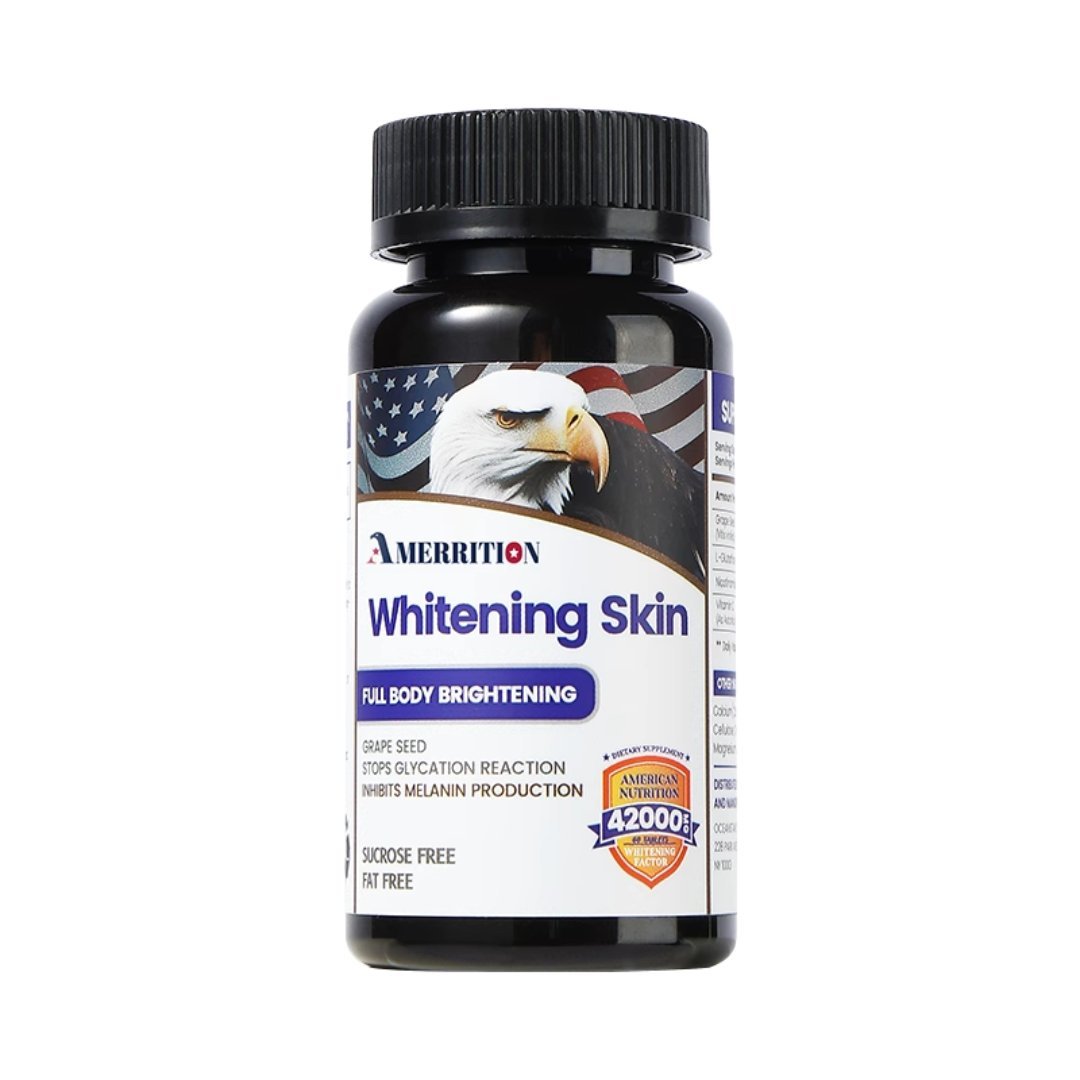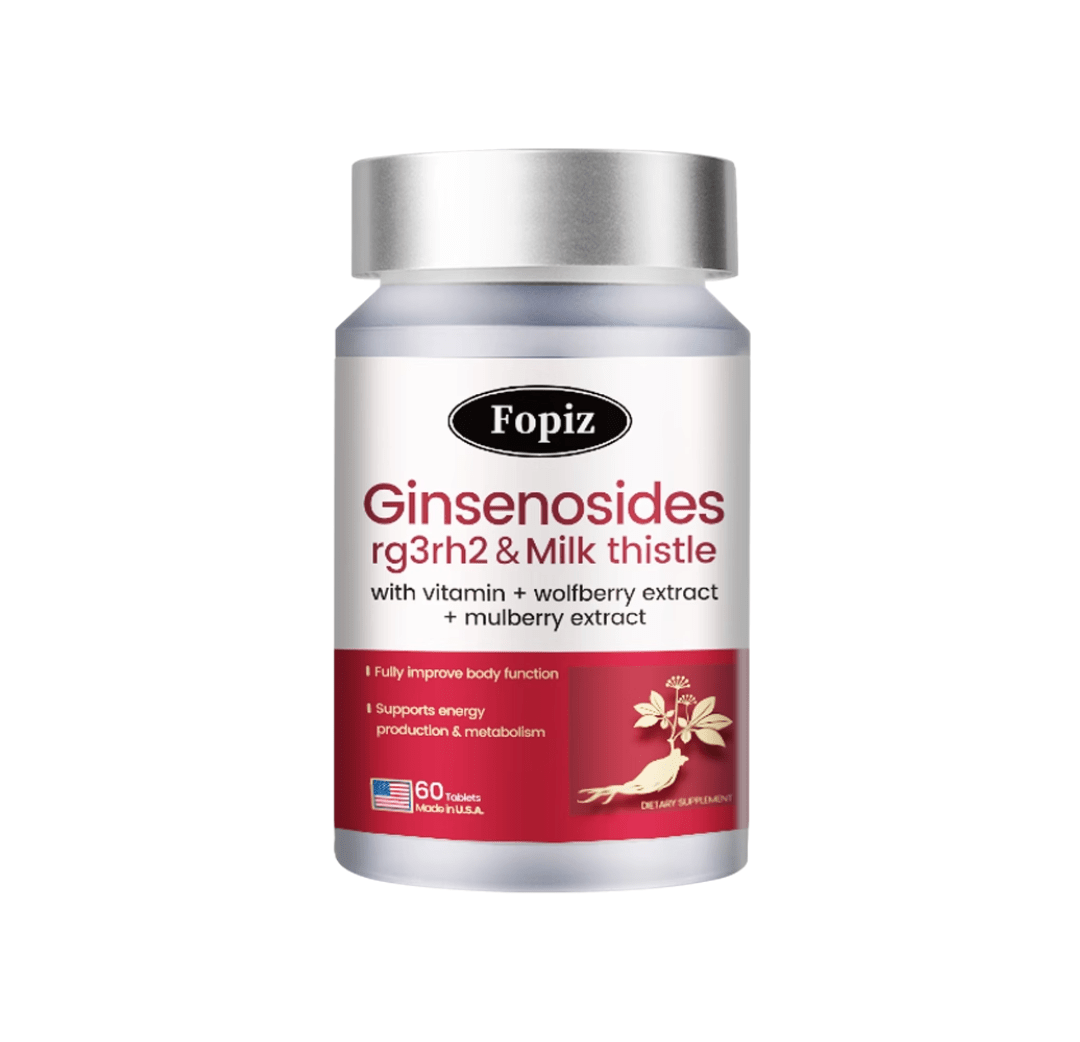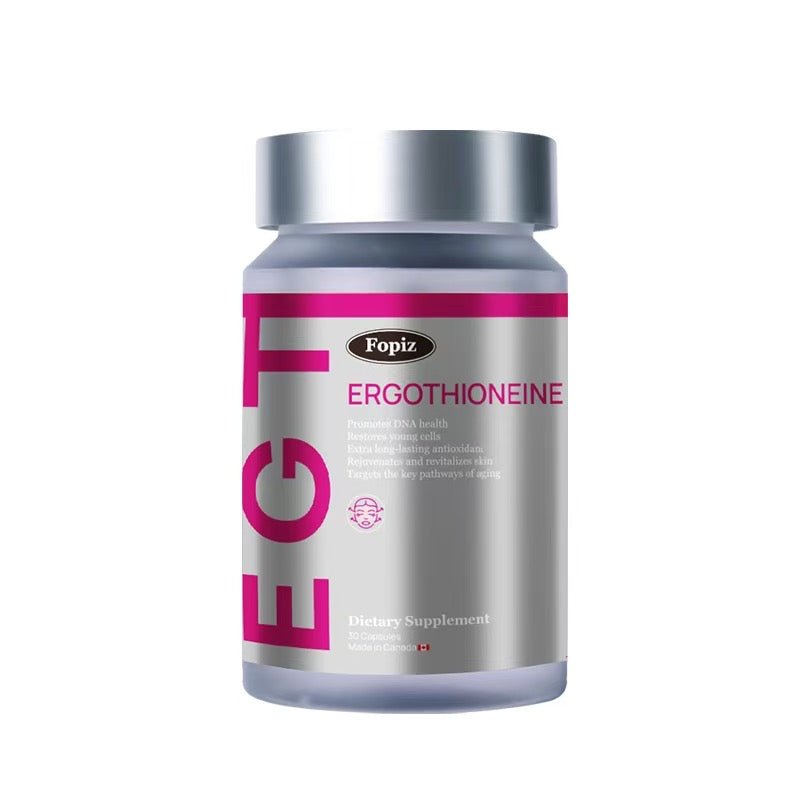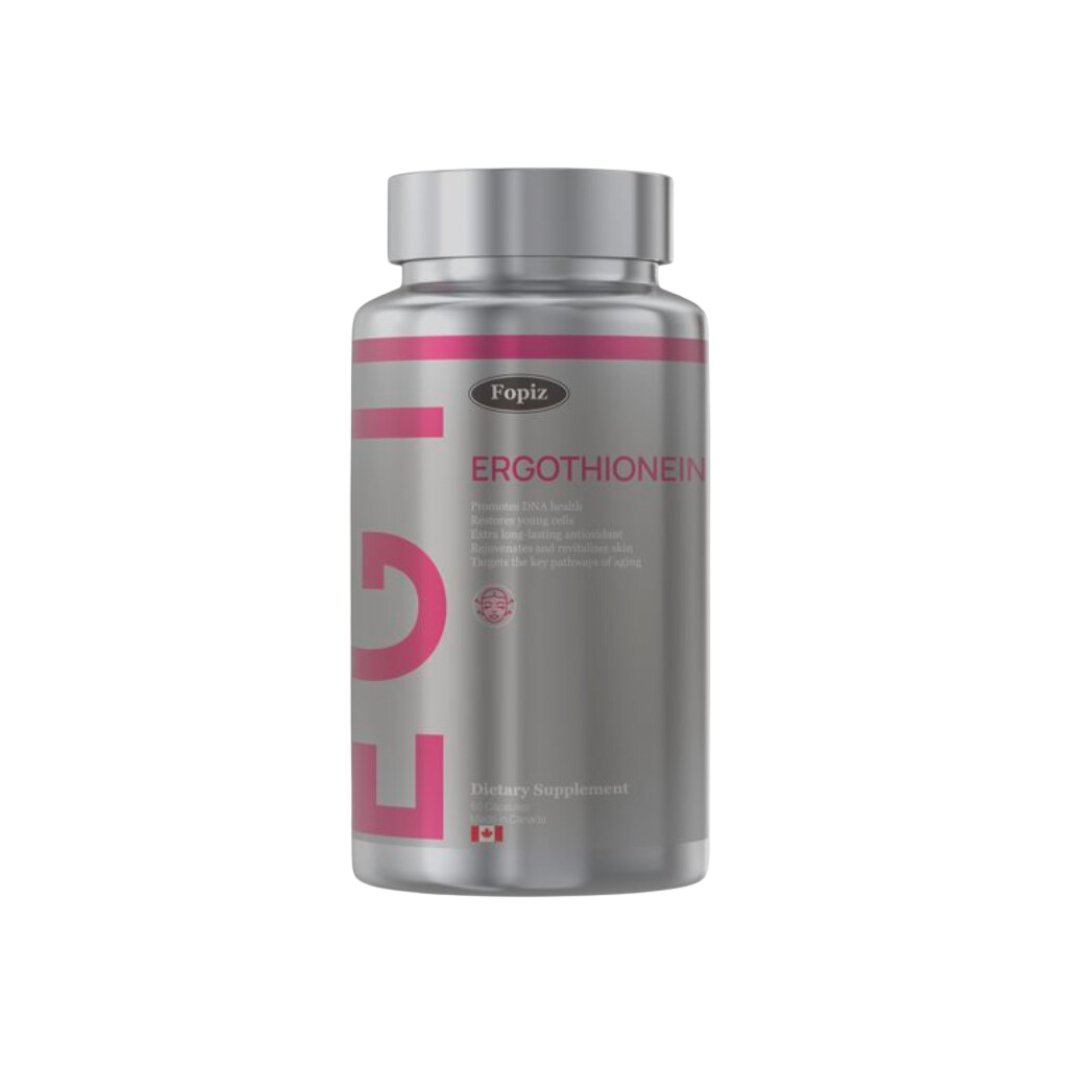In today's era of pursuit of health and longevity, a supplement called NMN (β-nicotinamide mononucleotide) is gaining increasing attention. While this name may still be unfamiliar to many, it's rapidly becoming a hot topic globally for anti-aging and energy-boosting.
In this professional article of over 4,000 words, we will delve into the scientific principles, potential benefits, usage, possible side effects, and the key role NMN plays in the anti-aging field.
What is NMN?
NMN, or β-nicotinamide mononucleotide, is a naturally occurring molecule in human cells. It is an intermediate in the metabolism of vitamin B3 (nicotinic acid). It is a precursor for the body's synthesis of NAD+ (nicotinamide adenine dinucleotide).
The role of NAD+
NAD+ is a key coenzyme involved in hundreds of cellular metabolic processes, including:
- Energy production (especially in mitochondria)
- DNA repair
- Antioxidant response
- Gene expression regulation
- Activation of longevity proteins such as Sirtuins
As we age, NAD+ levels in our bodies gradually decrease, leading to decreased cell function, reduced energy, weakened immunity, and even accelerated aging. Therefore, increasing NAD+ levels through NMN supplementation is considered a strategy to delay aging and enhance health.
The Scientific Basis of NMN
1. How NMN is converted to NAD+
Once ingested, NMN is rapidly absorbed by cells and converted into NAD+. This process involves the catalysis of a series of enzymes, ultimately increasing NAD+ concentrations in the body. Studies have shown that oral NMN can significantly increase NAD+ levels in the blood and tissues within a short period of time.
2. Results of Animal Experiments
Several animal studies have shown that NMN supplementation can provide the following benefits:
- Improve glucose tolerance and insulin sensitivity
- Improve muscle strength and endurance
- Improve brain function and memory
- Reduce inflammation and oxidative stress
- Extending lifespan (some studies)
3. Human clinical trials
While human studies of NMN are still ongoing, initial results are encouraging. For example:
- A 2020 study led by Keio University in Japan showed that oral NMN (250 mg/day) was safe and had no side effects within 12 weeks and could enhance energy and metabolic function.
- Other studies have also shown that NMN can improve blood vessel elasticity, reduce fatigue, and may help with anti-aging.
Potential Benefits of NMN
1. Anti-aging and longevity
By increasing NAD+ levels, NMN can activate longevity proteins called Sirtuins. These proteins regulate DNA repair, gene stability, and cell lifespan, and are at the core of anti-aging research.
2. Enhance energy and stamina
NAD+ is key to cellular energy production, particularly in mitochondria. Supplementing with NMN can improve energy metabolism and improve fatigue and performance.
3. Improve cardiovascular health
Studies have shown that NMN can promote endothelial function, improve blood circulation, and reduce the risk of cardiovascular disease.
4. Support brain health
NMN helps maintain nerve cell function and may fight neurodegenerative diseases such as Alzheimer's and Parkinson's.
5. Stabilize blood sugar and metabolism
NMN can improve insulin sensitivity and may have positive effects on patients with type 2 diabetes.
Sources and Supplementation Methods of NMN
NMN in Natural Foods
Although NMN can be obtained from food, the content is very low. Here are some foods rich in NMN:
- broccoli
- edamame
- avocado
- tomato
- milk
- cucumber
NMN Supplement Forms
Common forms of NMN supplements available on the market include:
- capsule
- powder
- Sublingual tablet (faster absorption)
- Liquid drops
Recommended dosage
There is currently no official recommended dosage, but based on clinical studies and user feedback, common dosages are:
- Beginners: 125 mg/day
- General health: 250 mg/day
- Highly effective anti-aging: 500–1000 mg/day
Safety and side effects of NMN
Safety Assessment
Current research shows that NMN is safe in the short term, with no significant toxicity or side effects. In human trials, subjects did not experience liver or kidney dysfunction or other adverse reactions after taking NMN continuously for up to 12 weeks.
Possible side effects (very rare)
- Mild gastrointestinal discomfort
- Dizziness
- Sleep changes (some people report hyperactivity)
Who should avoid use?
- Pregnant and breastfeeding women (not enough research)
- Those who are taking anti-cancer drugs (need to consult a doctor)
- People with chronic diseases (it is recommended to consult professional medical personnel first)
How to choose a high-quality NMN supplement?
Buying Guide
To ensure quality and effectiveness, you should pay attention to the following points when choosing NMN supplements:
- ✅ High purity (>98%)
- ✅ No additives and heavy metal residues
- ✅ Tested by third-party laboratories
- ✅ GMP certified manufacturing plant
- ✅ Transparent labeling of source and dosage
Recommended brands (for reference only)
- AIDEVI Nobel Prize-winning American health supplement brand
- WAKi Japanese century-old pharmaceutical factory
- The mystery of vitality
- Baicaotang- Ruyi Jindan
Comparison of NMN and Other Anti-Aging Supplements
| Supplements | Main Function | Whether to increase NAD+ | Market evaluation |
|---|---|---|---|
| NMN | Boost energy and anti-aging | ✅ | ⭐⭐⭐⭐⭐ |
| NR (Nicotinamide Riboside) | Increase NAD+ and improve metabolism | ✅ | ⭐⭐⭐⭐ |
| Resveratrol | Activating Sirtuins | ❌ (Indirect) | ⭐⭐⭐ |
| Q10 (Coenzyme Q10) | Mitochondrial energy, heart health | ❌ | ⭐⭐⭐⭐ |
The Future of NMN
As the global population ages and health awareness increases, NMN research and applications are rapidly expanding. Possible future development directions include:
- More efficient absorption technology (such as nanomaterials)
- Personalized NMN Supplementation Plan
- Compound products combined with other longevity factors
- Clinical application for delaying geriatric diseases
Frequently Asked Questions (FAQ)
1. What is the difference between NMN and NR?
Both are precursors to NAD+, but NMN is the next-stage metabolite of NR, with a higher conversion efficiency. Some studies suggest that NMN is absorbed faster and has better effects than NR.
2. Does NMN need to be taken on an empty stomach?
It is recommended to take it on an empty stomach to improve absorption efficiency, but it can also be taken with food to reduce gastrointestinal discomfort.
3. What age group is NMN suitable for?
It is generally recommended to start supplementing after the age of 30, especially for those who have problems such as fatigue, decreased metabolism, and memory loss.
4. Will NMN interfere with other medications?
There is currently no clear evidence that NMN interacts with common medications, but if you are taking prescription medications, it is recommended to consult a physician.
5. How long does it take for NMN supplementation to take effect?
Some users experience improved mental performance within a few days, but full effects typically require continued use for 4–8 weeks.
Conclusion: Is NMN the future of youth?
NMN is more than just a supplement; it represents a major scientific breakthrough in the fight against aging. While not a panacea, current research and user experience suggest it has promising potential. By combining scientific supplementation with a healthy lifestyle, we may be on the path to a longer, healthier future.
Further reading and reference resources
- The role of NAD+ in the human body
- Clinical Research on NMN
- Sirtuins and Anti-Aging
- Mitochondria and energy metabolism
🔍 If you are looking for a safe, scientific and promising anti-aging method, NMN is worth your in-depth understanding and try.
📌 Please share this article with friends who care about health and longevity, so that more people can understand the power of NMN!
🧬 #NMN #Anti-Aging #NAD+ #LongevityScience #HealthSupplements #MitochondrialHealth #DelayAging #EnergyBoost






